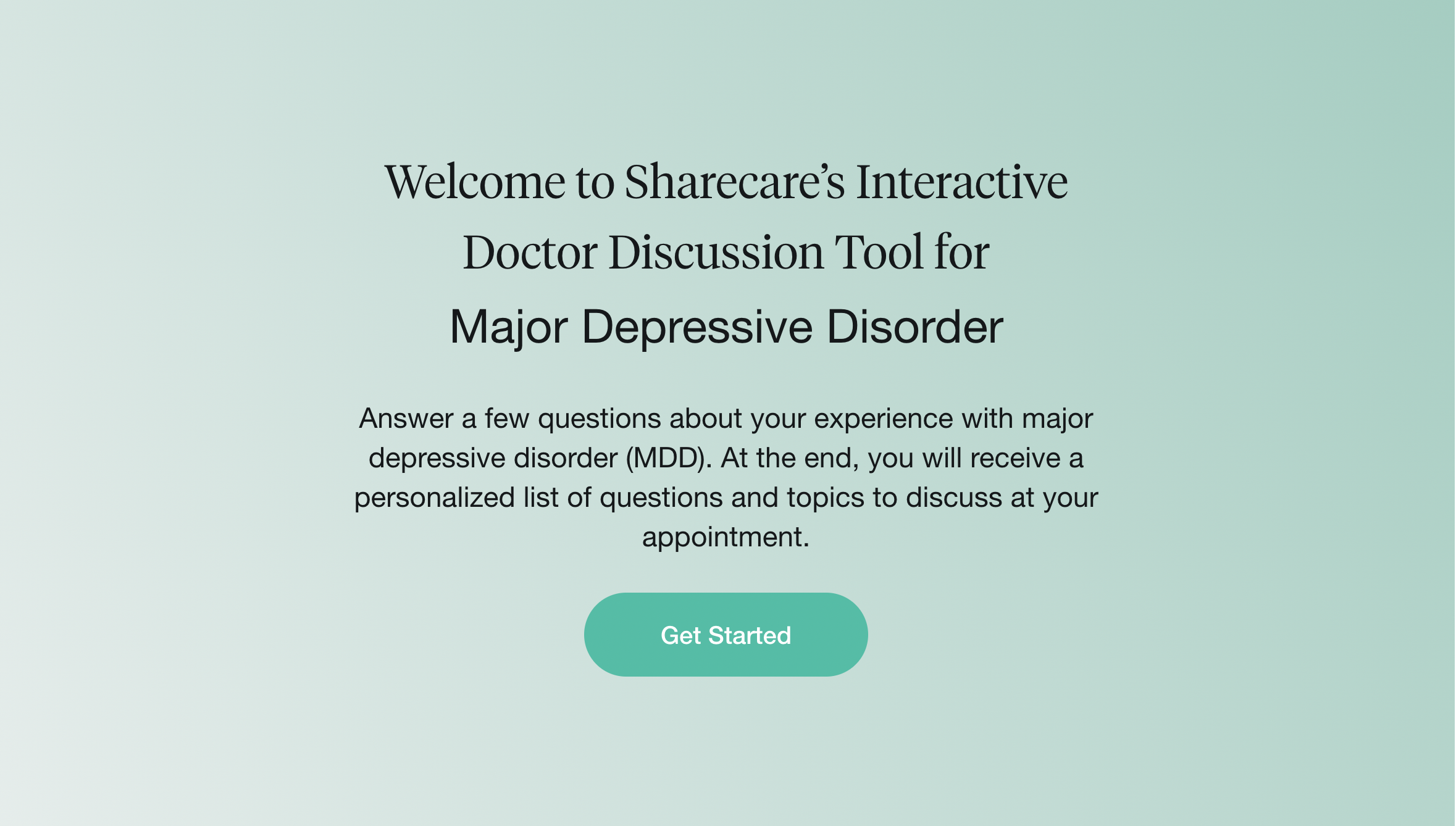To understand how antidepressant medications reduce the symptoms of major depression, it's important to understand how the parts of our brain that govern mood work. Many experts believe regulating brain chemistry plays in important role in treating major depressive disorder (MDD), or clinical depression.
Most antidepressants address brain chemistry to help regulate mood and treat major depression. Brain cells (neurons) communicate with each other using chemicals called neurotransmitters, which they manufacture and release into the space between brain cells. Once the neurotransmitters are released, they are broken down by enzymes, get sucked back into neurons (reuptake), or connect with another neuron on a neurotransmitter receptor molecule.
Once the neurotransmitter binds to the receptor molecule, it sets off a very complex series of possible changes that eventually lead the brain cell to electrochemically fire. The firing of multiple brain cells in various areas of the brain affects what we experience as sensations, thoughts, and feelings—including feelings of depression.
There are dozens of chemicals that may serve as neurotransmitters in various parts of the brain. However, in relation to mood change, antidepressants focus primarily on four neurotransmitters in two major classes: the up (excitatory) neurotransmitters and the down (de-excitatory) neurotransmitters.
Three primary excitatory neurotransmitters—norepinephrine (NE), serotonin (5HT), and dopamine (DO)—and only one primary de-excitatory neurotransmitter— gamma aminobutyric acid (GABA)—have been identified to date. The interaction of these neurotransmitters with their potential receptor sites is extremely complex. This is why understanding how the brain works is so challenging and why it's a key area of research, with new chemical treatment approaches, including new antidepressant medications, emerging all the time to help treat clinical depression.
Antidepressant medications all work in some way by increasing the amount of active up neurotransmitter, or decreasing the amount of down neurotransmitter, in key parts of the brain. Different antidepressants address different neurotransmitters to offer a variety of drug options to treat major depression. Some commonly prescribed antidepressants include serotonin norepinephrine reuptake inhibitors (SNRI), selective serotonin reuptake inhibitors (SSRI), and momoamine oxidase inhibitors (MAOI). Your doctor can discuss the specific benefits and potential side effects of each.





